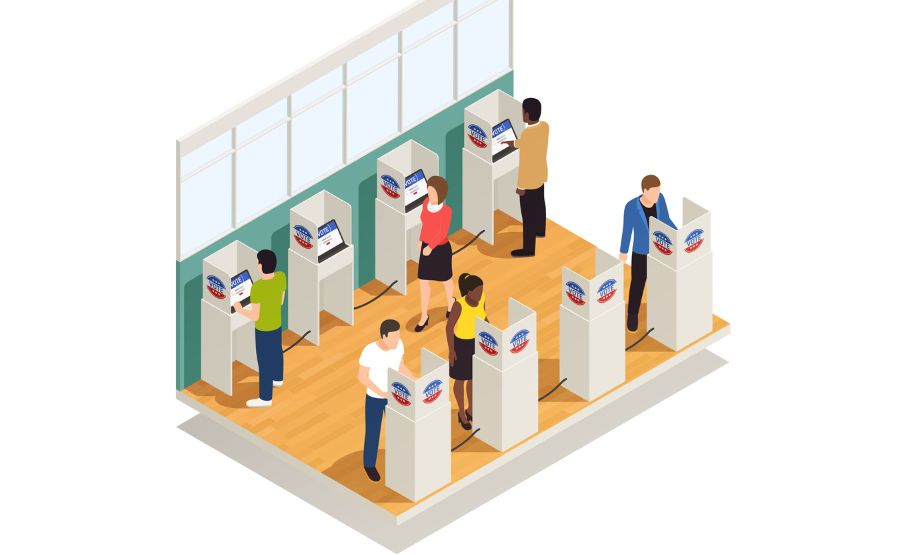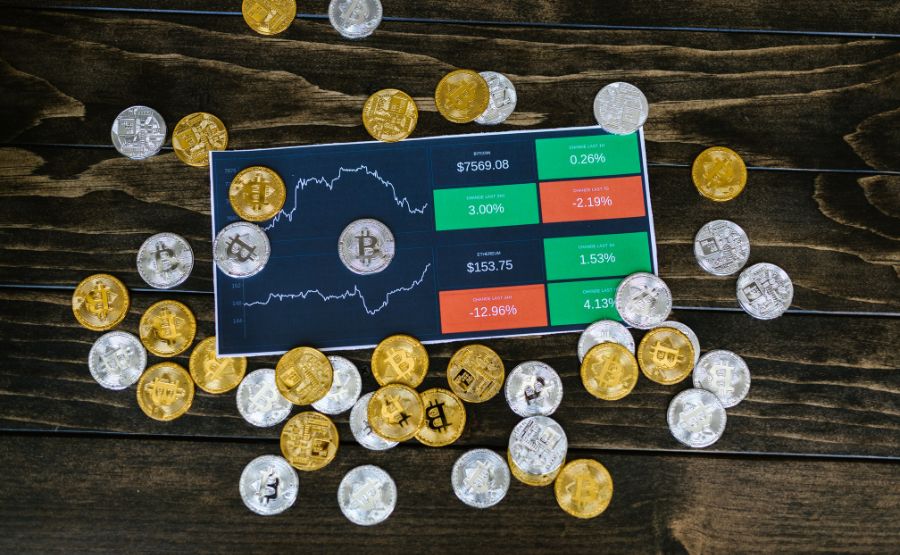1. Demystifying Blockchain Technology
Blockchain is a digital ledger that records transactions across a network of computers, ensuring security and transparency. Its decentralized nature prevents any single entity from controlling the entire chain. Each block in the chain contains transaction data, and once a block is completed, it is chronologically added to the chain. This structure ensures data integrity, making blockchain a revolutionary tool across various applications.2. The Cryptocurrency Connection:
The backbone of Cryptocurrencies:
- Blockchain technology is fundamental to the operation of cryptocurrencies.
- It acts as a decentralized ledger for recording all cryptocurrency transactions.
Security and Transparency:
- Provides a secure and transparent framework for transactions.
- Ensures the integrity and reliability of cryptocurrency exchanges.
Indispensable for Major Cryptocurrencies:

- Essential for the functioning of major digital currencies like Bitcoin and Ethereum.
- Maintains the integrity and security of transactions in these currencies.
Prevention of Fraud:
- Blockchain's immutable ledger helps prevent fraudulent activities in cryptocurrency transactions.
- Once recorded, the data in any given block cannot be altered without altering all subsequent blocks.
Decentralization Advantage:
- Removes the need for central authorities or intermediaries in financial transactions.
- Enables peer-to-peer transactions, increasing efficiency and reducing costs.
Facilitating Smart Contracts:
- Blockchain enables the execution of smart contracts in the cryptocurrency ecosystem.
- These contracts automatically execute transactions when predefined conditions are met.
3. Blockchain in Various Industries
Blockchain's versatility extends across multiple sectors:Supply Chain Management:
IBM and Maersk: Their blockchain-based solution, TradeLens, has revolutionized supply chain management. For instance, Maersk's implementation of this technology has reduced shipping transit times by 40%, significantly enhancing efficiency.Healthcare:
 Blockchain offers a secure method for managing patient data, facilitating confidential and accurate sharing of medical records among healthcare providers.Estonia's Healthcare System: Estonia has integrated blockchain to secure over 95% of its healthcare data. This system, developed in collaboration with Guardtime, streamlines patient care and data access, setting a benchmark for digital healthcare.
Blockchain offers a secure method for managing patient data, facilitating confidential and accurate sharing of medical records among healthcare providers.Estonia's Healthcare System: Estonia has integrated blockchain to secure over 95% of its healthcare data. This system, developed in collaboration with Guardtime, streamlines patient care and data access, setting a benchmark for digital healthcare.Finance:
Beyond cryptocurrencies, blockchain is revolutionizing traditional banking and financial services by streamlining operations and reducing fraud.JP Morgan's JPM Coin: A pioneering example where blockchain is used to expedite cross-border transactions, reducing the time and costs associated with traditional banking.Real Estate:
The real estate sector benefits from blockchain through simplified property transactions, enhanced record-keeping, and reduced fraud.Propy in California: This company utilizes blockchain for property transactions, including a case where a property in California was sold using Ethereum, simplifying the process and enhancing security.Agriculture:
 Blockchain technology is transforming agriculture with sensor-driven crop management systems, providing real-time data on soil health and moisture levels.AgriDigital in Australia: This platform uses blockchain for sensor-driven crop management systems. It provides real-time data on soil health and moisture levels, helping farmers make informed decisions and improving crop yields.
Blockchain technology is transforming agriculture with sensor-driven crop management systems, providing real-time data on soil health and moisture levels.AgriDigital in Australia: This platform uses blockchain for sensor-driven crop management systems. It provides real-time data on soil health and moisture levels, helping farmers make informed decisions and improving crop yields.4. Innovative Uses of Blockchain
Blockchain's Innovation Continues to Expand:Smart Contracts:
Digital contracts that execute automatically when predetermined conditions are met, streamlining processes and reducing the need for intermediaries.Digital Identity:
Blockchain offers a secure and unified platform for managing digital identities, effectively addressing issues related to identity theft and fraud.Voting Systems:
 The implementation of blockchain in voting systems can significantly enhance security and transparency, making electoral processes more reliable and tamper-proof.
The implementation of blockchain in voting systems can significantly enhance security and transparency, making electoral processes more reliable and tamper-proof.Tokenization of Assets:
Blockchain enables the conversion of physical assets into digital tokens, facilitating easier and more secure transactions over the blockchain. This can apply to a wide range of assets, from real estate to artworks, simplifying ownership transfer and investment processes.Supply Chain Provenance:
Blockchain technology provides an immutable record of a product’s journey from its origin to the consumer. This is particularly valuable in sectors like food and pharmaceuticals, where provenance and authenticity are crucial. It ensures transparency and trust in the supply chain, allowing consumers to verify the authenticity and ethical sourcing of products.Challenges and Limitations
Despite its advantages, blockchain faces several challenges:| Challenge | Description | Impact |
| Scalability | Difficulty in maintaining performance and speed as the blockchain grows with each transaction. | Affects transaction efficiency and processing. |
| Energy Consumption | High energy usage, especially in cryptocurrency mining, due to the computational power required. | Raises environmental concerns and sustainability issues. |
| Regulatory Hurdles | Uncertainty and lack of clear regulatory frameworks for blockchain applications. | Poses challenges for compliance and widespread acceptance. |
| Security Vulnerabilities | Despite inherent security, blockchain networks can be susceptible to certain types of attacks. | Risks data integrity and user trust. |
| Integration Complexity | Challenges in integrating blockchain technology with existing legacy systems and processes. | Hinders widespread adoption and operational efficiency. |
| Limited Understanding and Expertise | A general lack of understanding and skilled professionals in blockchain technology. | Slows down innovation and implementation in various sectors. |
5. The Future of Blockchain Technology
 The future of blockchain is marked by continuous innovation and broader adoption:
The future of blockchain is marked by continuous innovation and broader adoption:- Integration with AI and IoT: The convergence of blockchain with AI and IoT promises more advanced applications, enhancing efficiency and opening new possibilities.
- Sustainability Efforts: Efforts are underway to make blockchain more energy-efficient and sustainable, addressing one of its primary criticisms.
- Mainstream Adoption: As blockchain technology matures, it is expected to become more user-friendly and widely accepted, leading to increased mainstream applications.









Blockchain in Business: More Than Just Cryptocurrency
As we navigate through the era of digital transformation, blockchain technology emerges as a key...
Share this link via
Or copy link